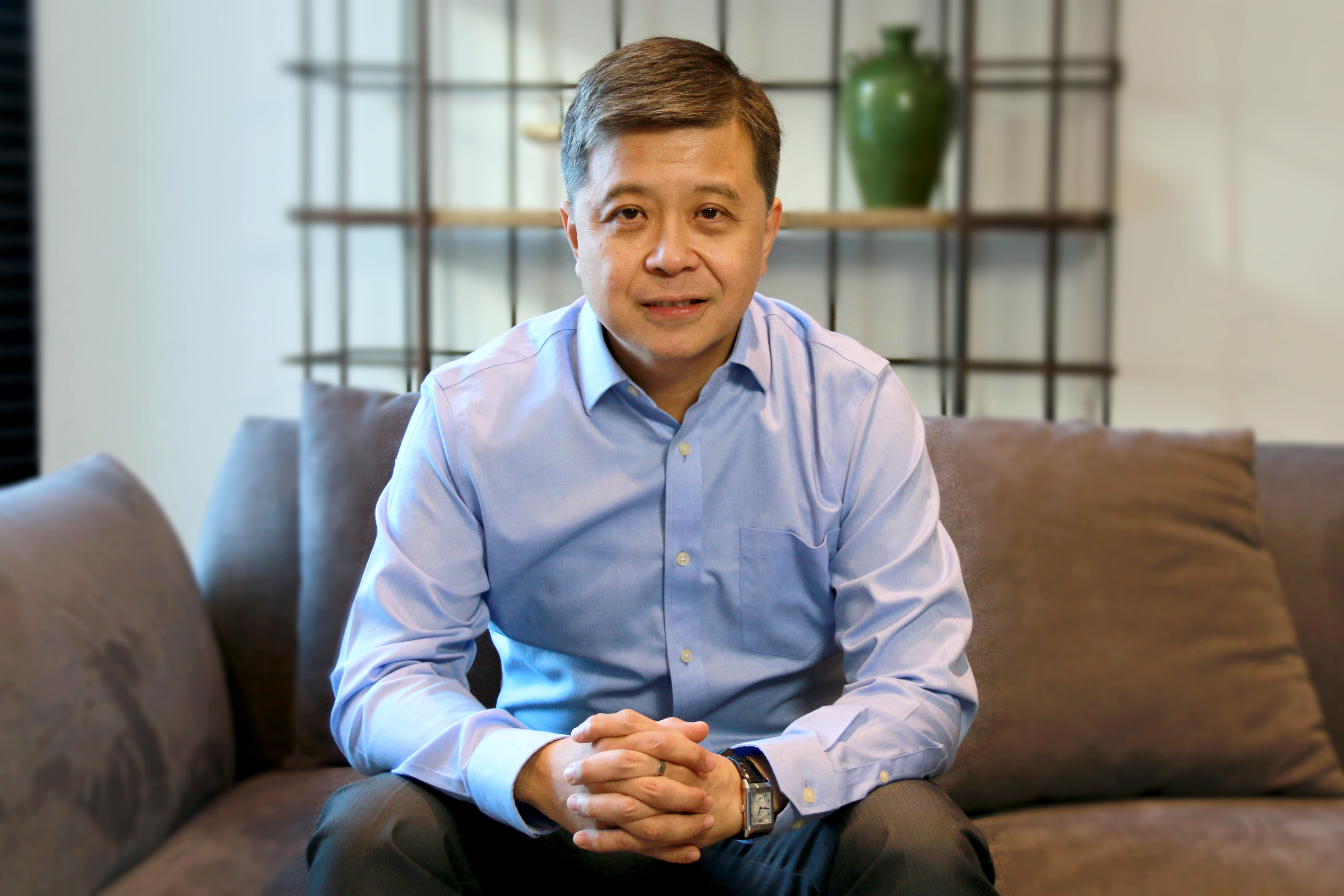
More than a game: Mastering Mahjong with AI and machine learning
Algorithmic breakthroughs by Microsoft Research Asia could one day help tackle complex challenges facing our world
Microsoft researchers have developed an artificial intelligence (AI) system that has taught itself the intricacies of Mahjong and can now match the skills of some of the world’s top players.
The complex board game of chance, bluff, and strategy was invented in China thousands of years ago and remains a passionate pastime for millions of Asians today, with many dedicated competitors playing online.
Computers have learned to play Chess and another ancient Chinese game, Go, amid much fanfare in the past. But scientists at Microsoft Research (MSR) Asia see their achievement as far more than just a case of technology mastering yet another game.
The researchers – who named their system Super Phoenix, or Suphx for short – developed a series of AI algorithmic breakthroughs to navigate the uncertain nature of Mahjong. With more work, these could potentially be applied in real situations to solve problems thrown up by unknown factors and random events.
“For as long as researchers have studied AI, they have worked to build agents capable of accomplishing game missions,” says Dr. Hsiao-Wuen Hon, Corporate Vice President, Microsoft Asia Pacific R&D Group and MSR Asia.
The MSR Asia team designed Suphx to self-learn Mahjong’s strategies, tactics, and subtleties through the experience of playing against thousands of people on Tenhou – a Japan-based global online Mahjong competition platform with more than 300,000 members.
With constant machine learning, Suphx went from being a novice to an expert after more than 5,000 games over four months. The more it played, the more it learned at an ever-increasing pace.
It has now honed its own playing style and can balance attack and defense moves, strategically weigh short-term losses against long-term gains, and make quick hand calculations and decisions with unclear information.
Suphx has become the first AI system to compete at Tenhou’s prestigious “10th dan” ranking – something that just 180 people have ever done. Only a handful of professionals now play at a higher level in a private room for human players only.
Mahjong is played socially and professionally across East and Southeast Asia and was recently featured in the Hollywood movie, “Crazy Rich Asians.”
It is very different from Chess and Go, which are “perfect information games” in game theory parlance – as both allow players to see everything on a board that can impact the outcome.

Mahjong is an “imperfect information game” because many factors are unknown. For instance, players must account for their opponents’ unseen tiles. This can lead to bluffs and unpredictable outcomes as they decide what to discard and whether to meld or fold.
“Mahjong is more complex than other board games. So playing becomes an art as well as a science,” says Dr. Hon. “Good Mahjong players rely on a combination of observation, intuition, strategy, calculation, and chance that presents unique challenges for an AI system.”
















